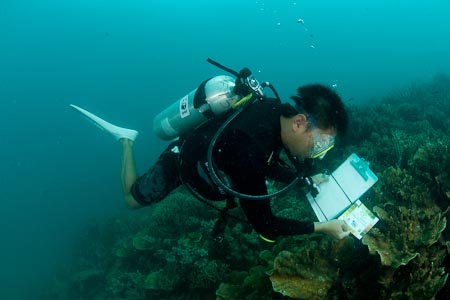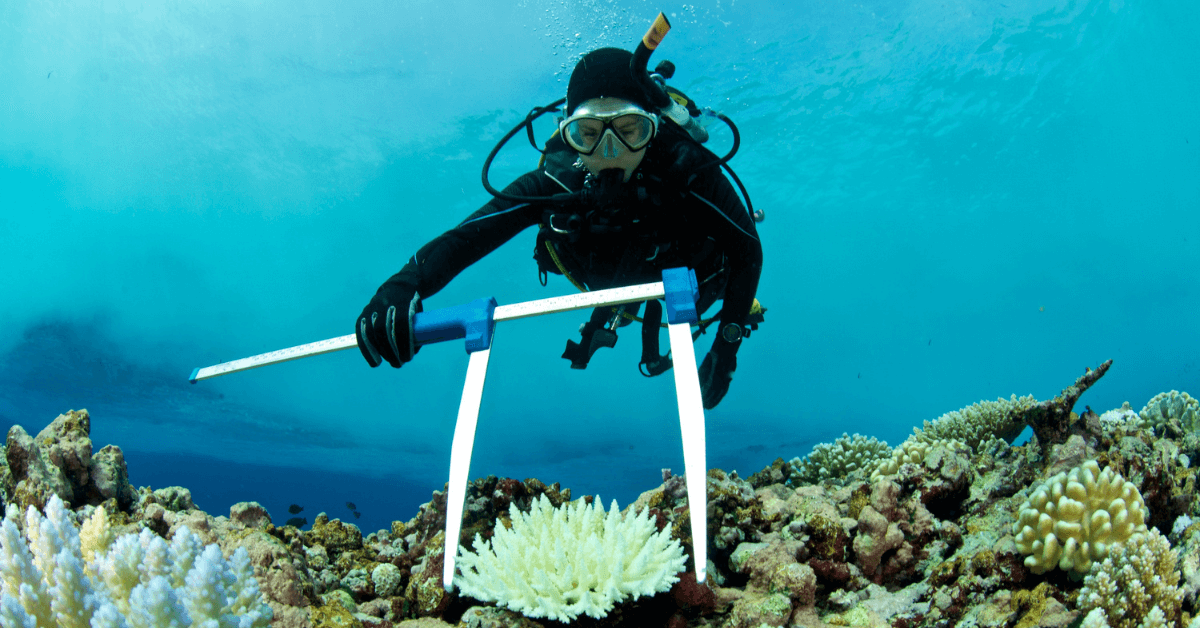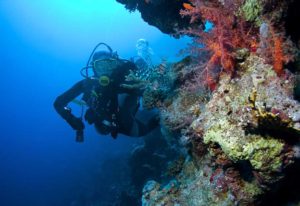Glory Info About How To Become A Fisheries Biologist
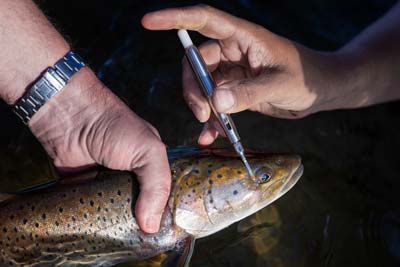
Start thinking about taking the gre’s (general and biology) in your junior year.
How to become a fisheries biologist. A bachelor's degree or higher in environmental science, fisheries management, zoology, or a related field is required of a fish and wildlife biologist. To become a fish and wildlife biologist, you need a bachelor's degree in environmental science, zoology, fisheries biology, aquatic biology, or a related field. To get the best possible preparation, college classes should be tailored to focus on fish and aquatic biology studies.
There are several education requirements to become a fisheries biologist. A complete guide that will help you start your career as a research fisheries biologist. To be a fisheries biologist with the forest service, you must have a bachelor's degree with a major in biological science.
To become a fish and wildlife biologist, you need a bachelor's degree in environmental science, zoology, fisheries biology, aquatic biology, or a related field. A master's degree will help you be more competitive for some. Study a lot and work hard to get good grades.
Attend science camps and other outdoor opportunities take as many science and math classes as possible. Follow these steps to become a fisheries biologist: How to become a fishery biologist.
A career in any biology field typically requires a bachelor's degree in. To become a fisheries biologist, you need at least a bachelor’s degree in biology. To become a fish and wildlife biologist, you need a bachelor's degree in environmental science, zoology, fisheries biology, aquatic biology, or a related field.
To become a fish and wildlife biologist, you need a bachelor's degree in environmental science, zoology, fisheries biology, aquatic biology, or a related field. Also look for summer camps and volunteer. Many higher level positions may require a master’s degree, especially if they involve primary research.
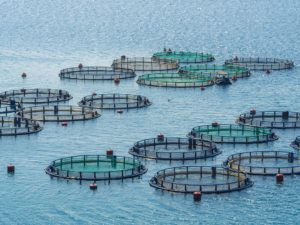
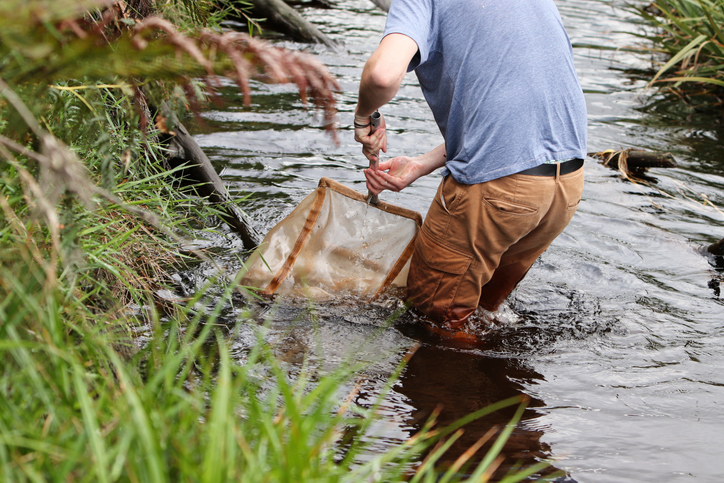
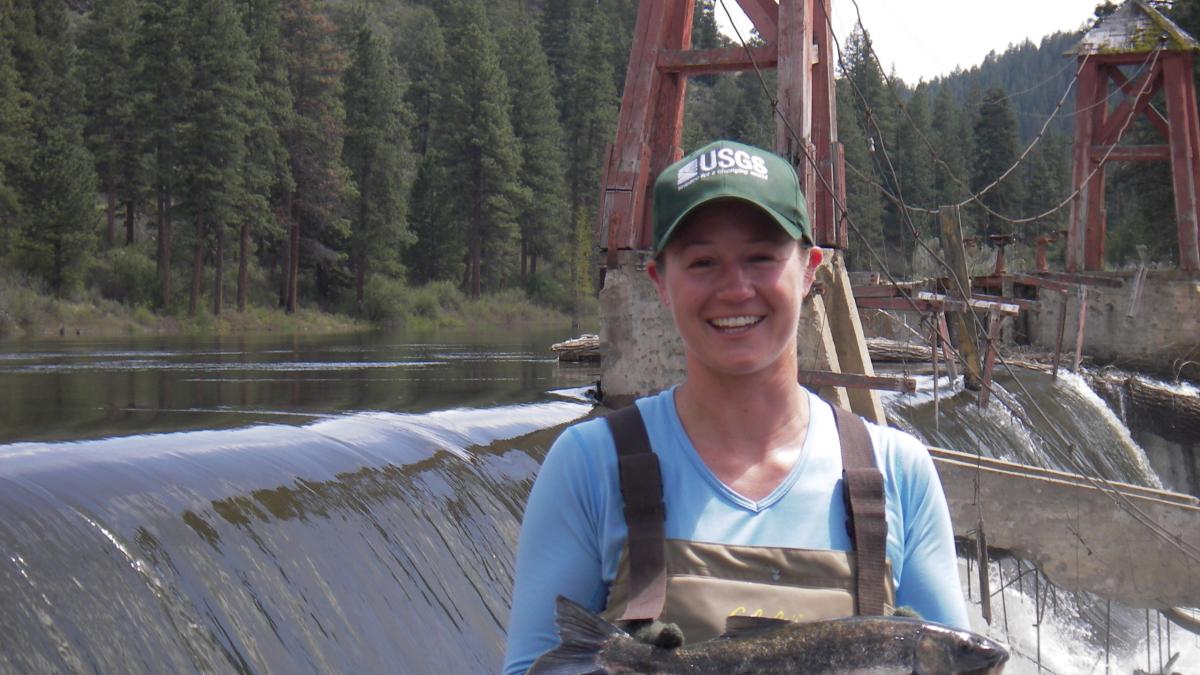
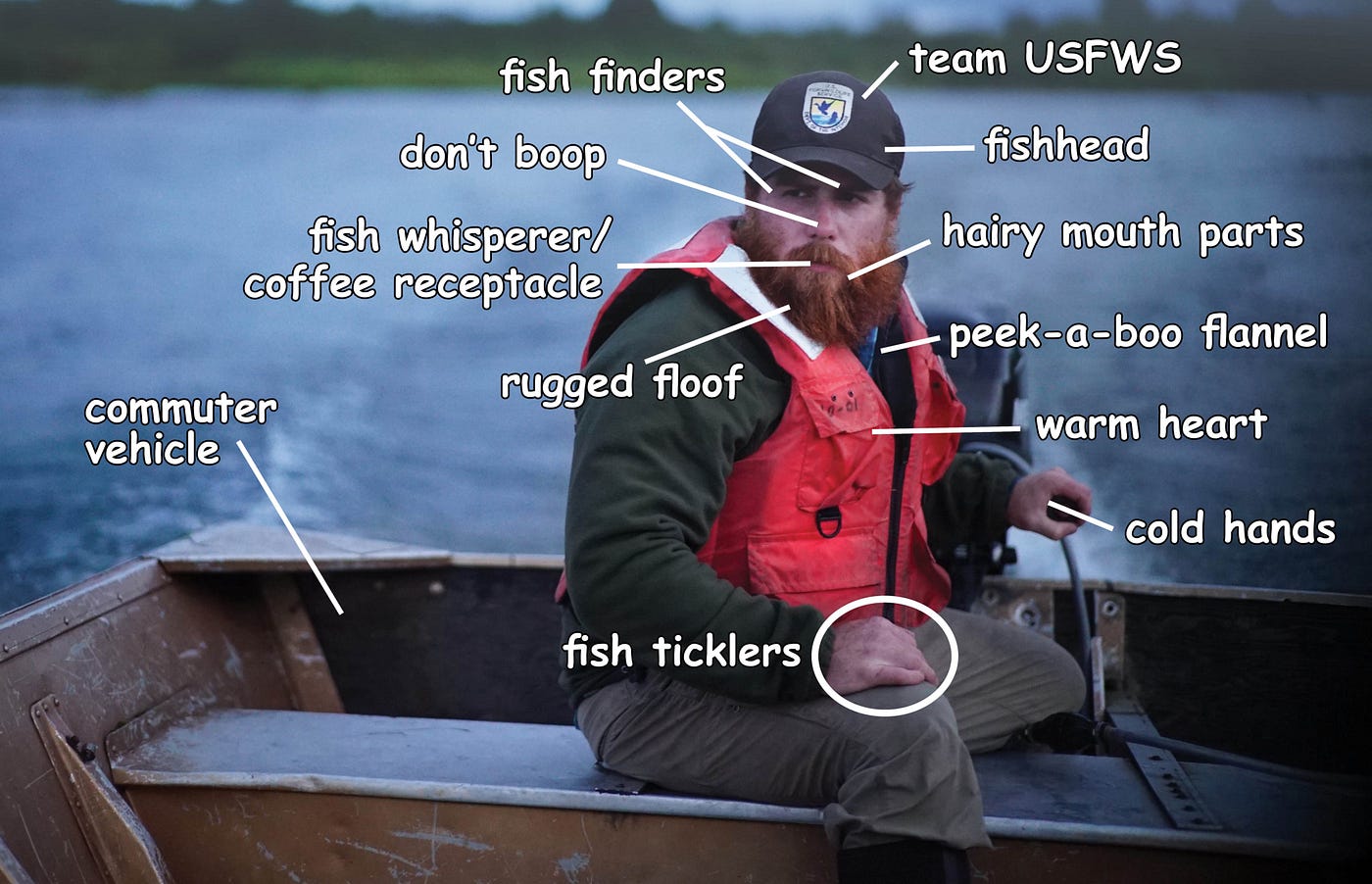


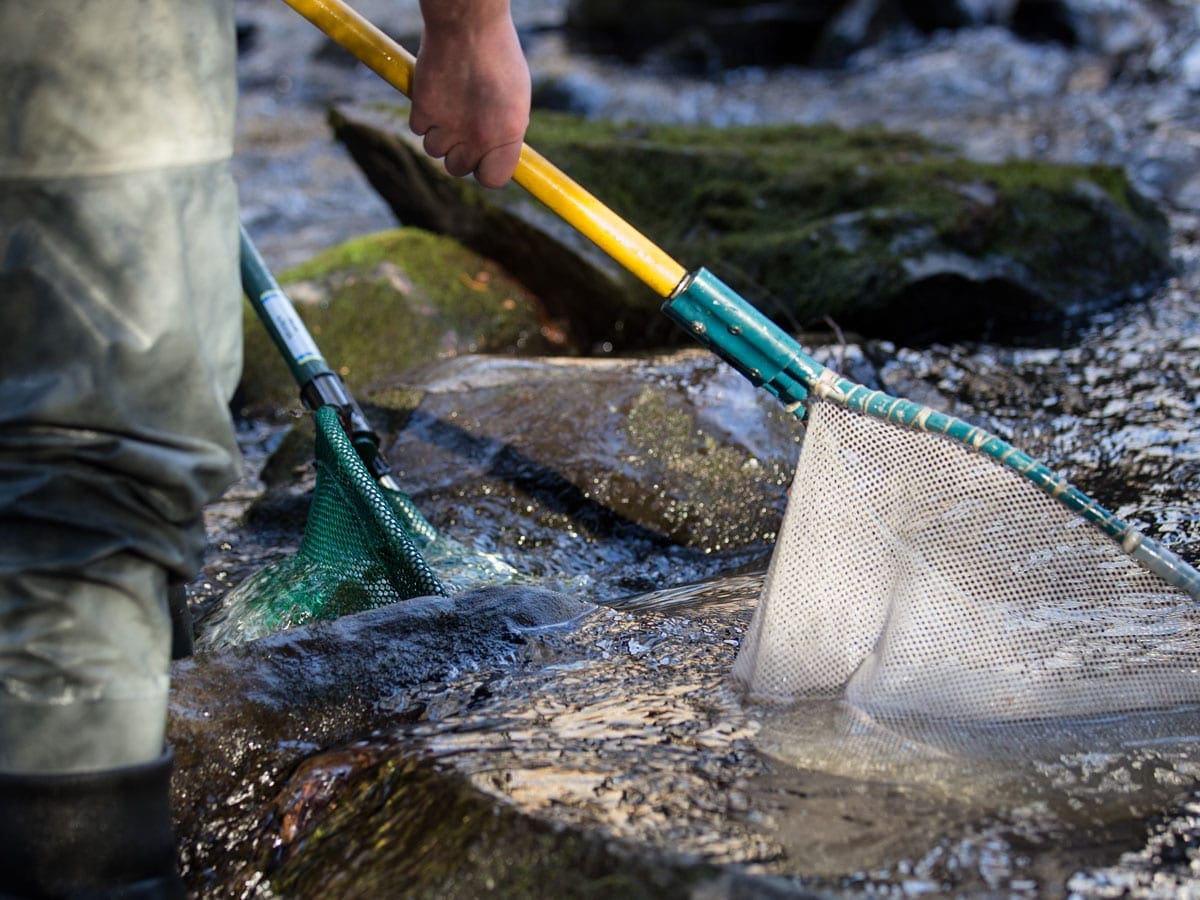
/marine-biologist-125619-final-381df1d36af0414aaba0e1a3dff94c28.png)


